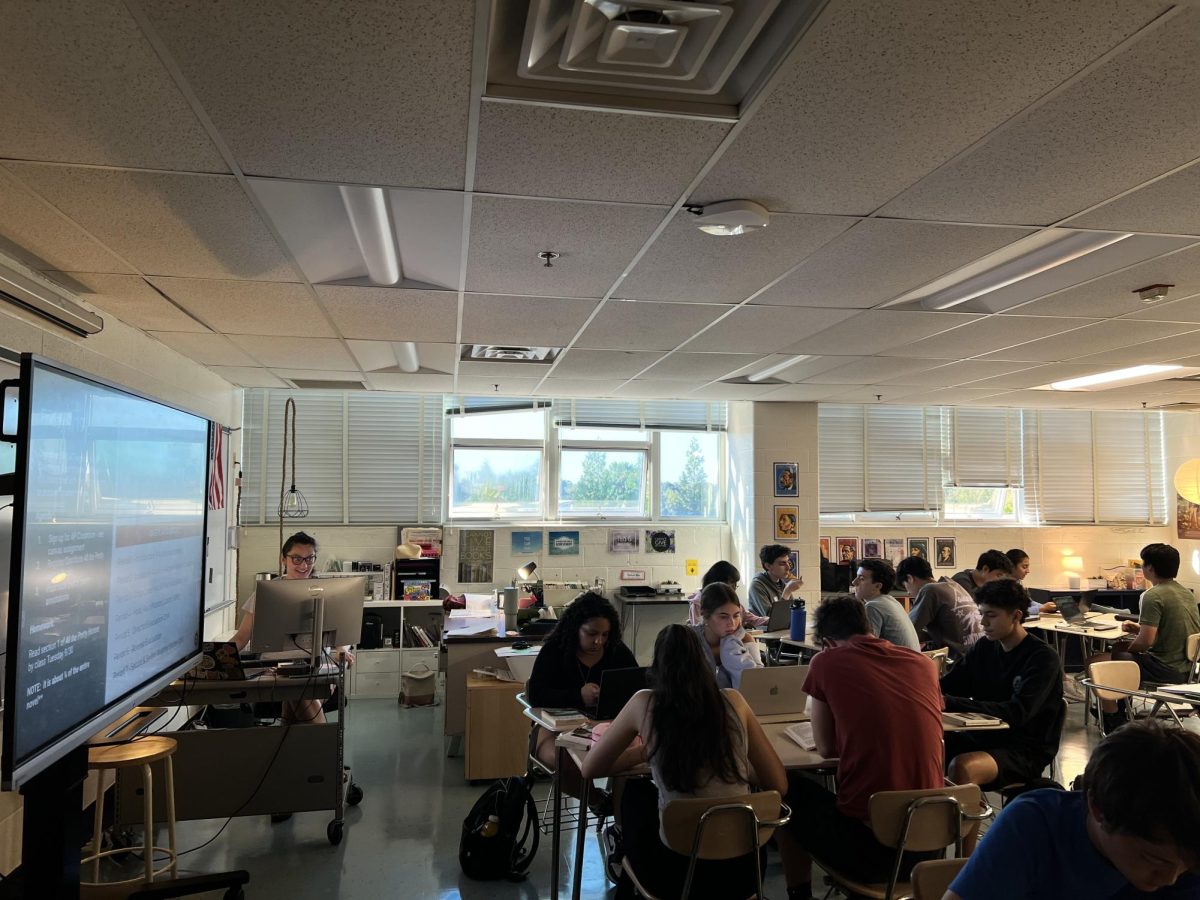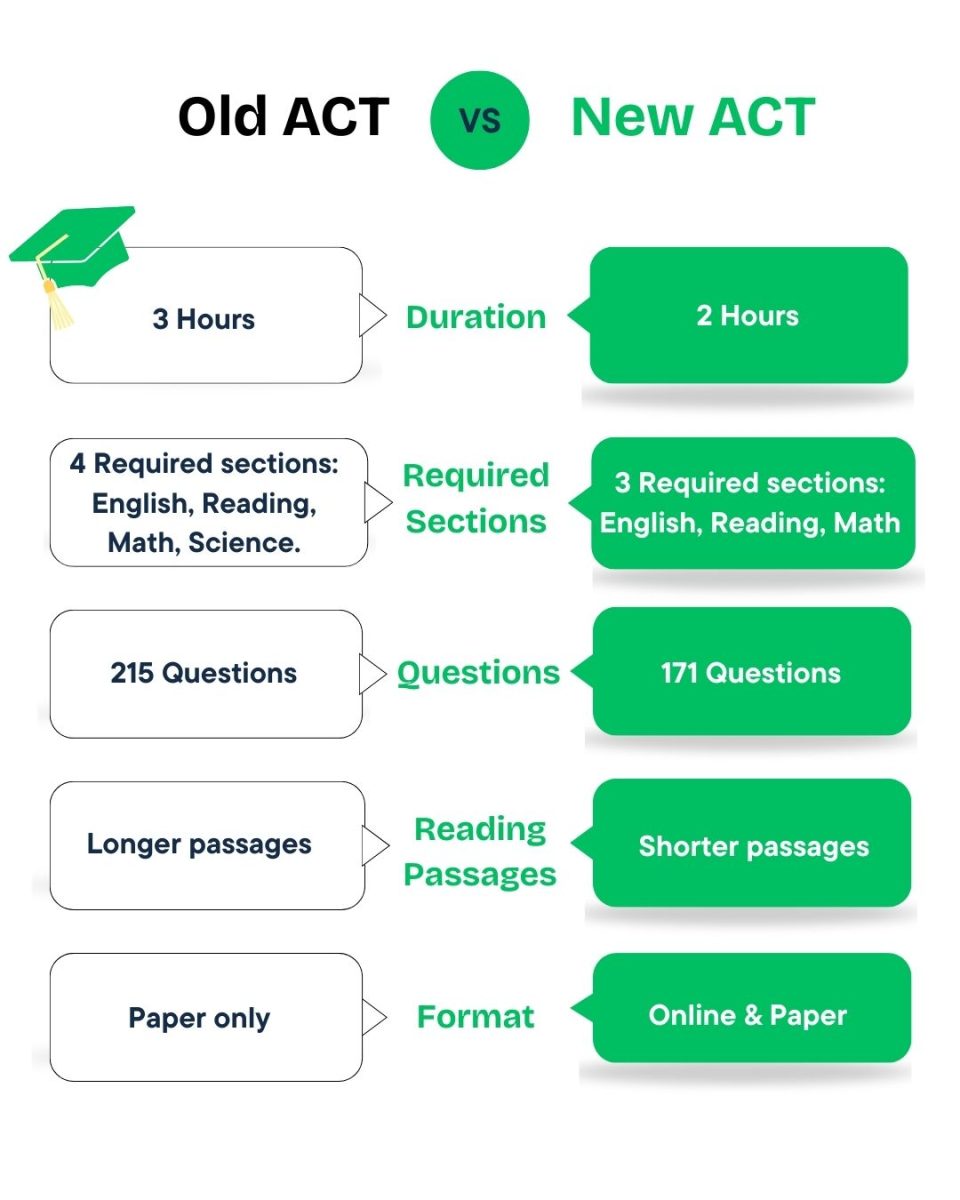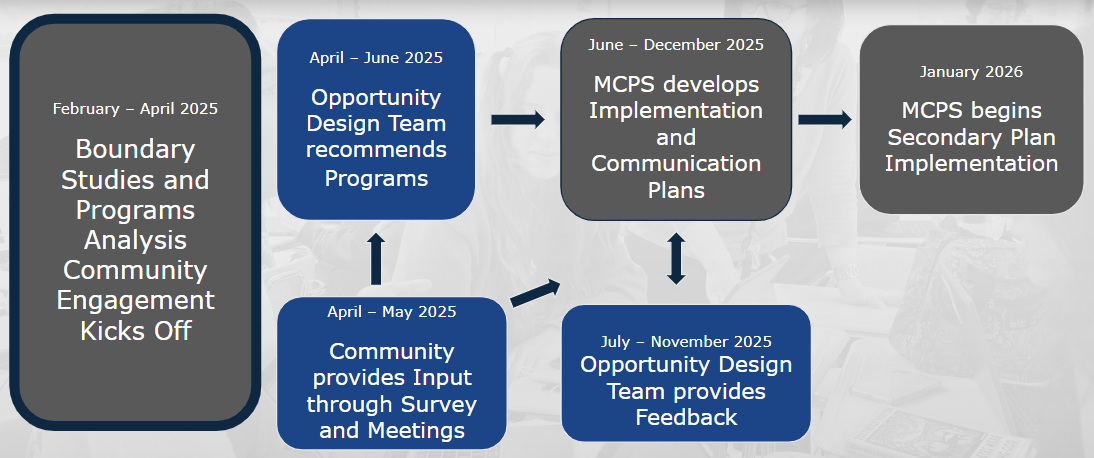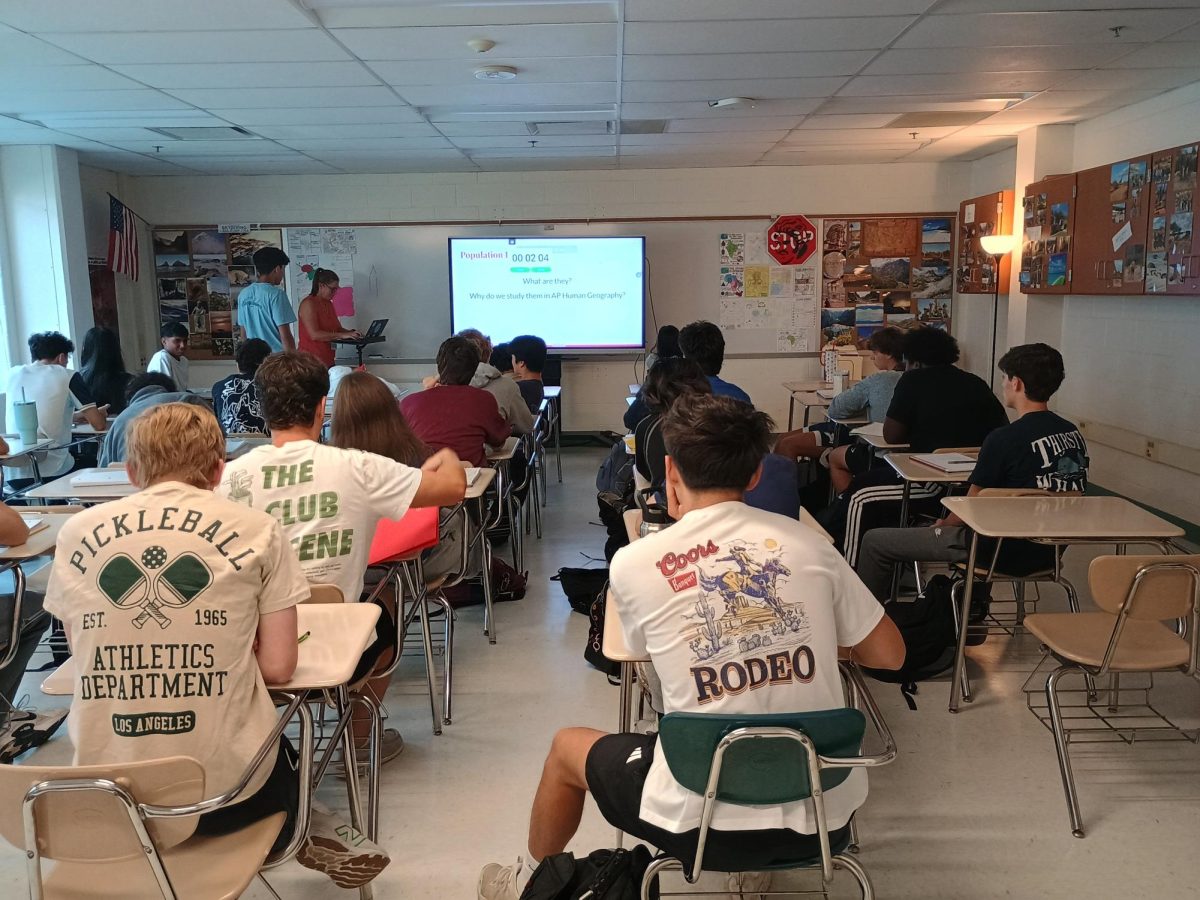Student YouTube access in MCPS will change significantly to align with the Federal Educational Rights and Privacy Act (FERPA) and the Children’s Online Privacy and Protection Act (COPPA). All high school students have been asked to obtain parental consent to continue to access YouTube in school.
At the beginning of the school year, the county was informed to turn off student access to YouTube in order to comply with FERPA and COPPA. The county’s concerns are held around student privacy and the sharing of student information.
“I think it’s important that MCPS is aligning with the guidelines that are in place,” social studies teacher Geraldine Acquard said.
To ensure safety and security throughout the school, students must return a signed permission slip to their third period teacher by Monday, November 5. Students with consent will be able to access YouTube for educational purposes. Students without consent will have access to YouTube, but in a very limited and restricted capacity. Staff access will remain the same.
“I feel it makes sense to limit YouTube to an extent because of everything that’s on it these days. It’s flooded with so much violence and really negative images that can trigger some students and can encourage certain behaviors that aren’t healthy,” counselor Imani Ladson said.
Although MCPS hopes to streamline this process in the future, hard copy consent forms will be distributed this year. Once students turn in their permission slip, they will no longer need written consent in future years. Even if students change schools, permission will remain with them throughout their high school career.
“If anything, I think it should be computerized. It’s going to take too long to receive all the permission slips,” junior Sam DeBrandt said.
Even with parental consent, student and staff YouTube access will be limited and content available will be restricted.
“I don’t really understand the purpose of the new policy,” junior Gillian Birdsong said. “It’s making things more complicated than they should be while also preventing access to a very helpful learning tool.”









